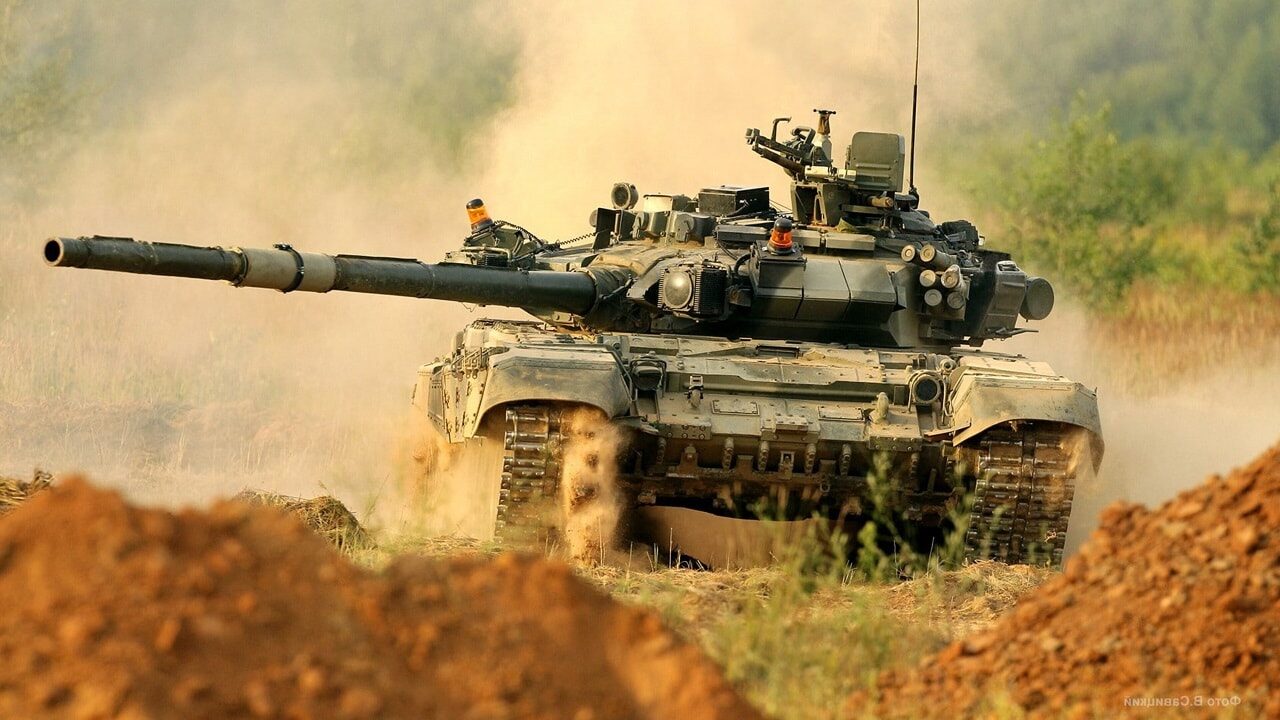According to an ongoing study from the Kyiv School of Economics, which is updated every week that the Russian invasion of Ukraine continues, Ukraine has so far withstood roughly $92 billion in damage to civilian infrastructure. But that’s not the end of the story.
The damage done to Ukraine goes well beyond the destruction of residential properties, city streets, and infrastructure; it also includes economic losses caused by a halt in economic activity in some of the most prosperous and economically active regions of the country. Those economic losses are expected to reach $600 billion or more.
The Kyiv School of Economics estimated the $92 billion figure by compiling information submitted by Ukrainian citizens, local authorities, and government agencies. The study shows how more than 195 factories have been destroyed, 230 healthcare institutions are lost, and over 940 educational facilities damaged. The purpose of documenting the costs is not just to determine how Ukraine will rebuild once the war finally ends, but also to ensure that the world knows how much money Russia owes to Ukraine at the end of the conflict.
It forms part of the “Russia Will Pay” project that encourages people to send information about the destruction of infrastructure and buildings caused by Russian aggression.
Who Will Pay?
United States President Joe Biden is reportedly exploring using Russian money to help rebuild Ukraine, a move that would involve seizing Russian assets and redirecting those funds to Ukraine. However, achieving this would require an act of Congress – and not everyone can agree that such a move would be worth the precedent it sets or the retaliation it could cause.
Grant money from Western countries could also be made available to Ukraine to rebuild its infrastructure when millions of its citizens eventually (possibly) return to the country in the wake of the war, with international financial institutions pushing for a “Marshall Plan” for Ukraine.
“Prolonged” Conflict Will Increase Costs
Few at this stage believe that the war will be over in a matter of weeks or days, with Russian President Vladimir Putin himself reportedly prepared for a “prolonged conflict” in Ukraine.
British Foreign Secretary Liz Truss also indicated recently that she believes the war in Ukraine could rage for another 10 years, causing further damage to Ukrainian cities and infrastructure.
As the so-called “special military operation” in Ukraine speeds towards its fourth month, Russia shows no sign of slowing down its assault on Ukraine and continues to make its way through the country’s eastern regions with a view of “liberating” the separatist regions of Donetsk and Luhansk. And with rumored plans for Russian troops to make their way from Crimea to Ukraine’s eastern border with Moldova, the destruction of Ukrainian cities could get substantially worse through the rest of the year.
Jack Buckby is a British author, counter-extremism researcher, and journalist based in New York. Reporting on the U.K., Europe, and the U.S., he works to analyze and understand left-wing and right-wing radicalization, and reports on Western governments’ approaches to the pressing issues of today. His books and research papers explore these themes and propose pragmatic solutions to our increasingly polarized society.

